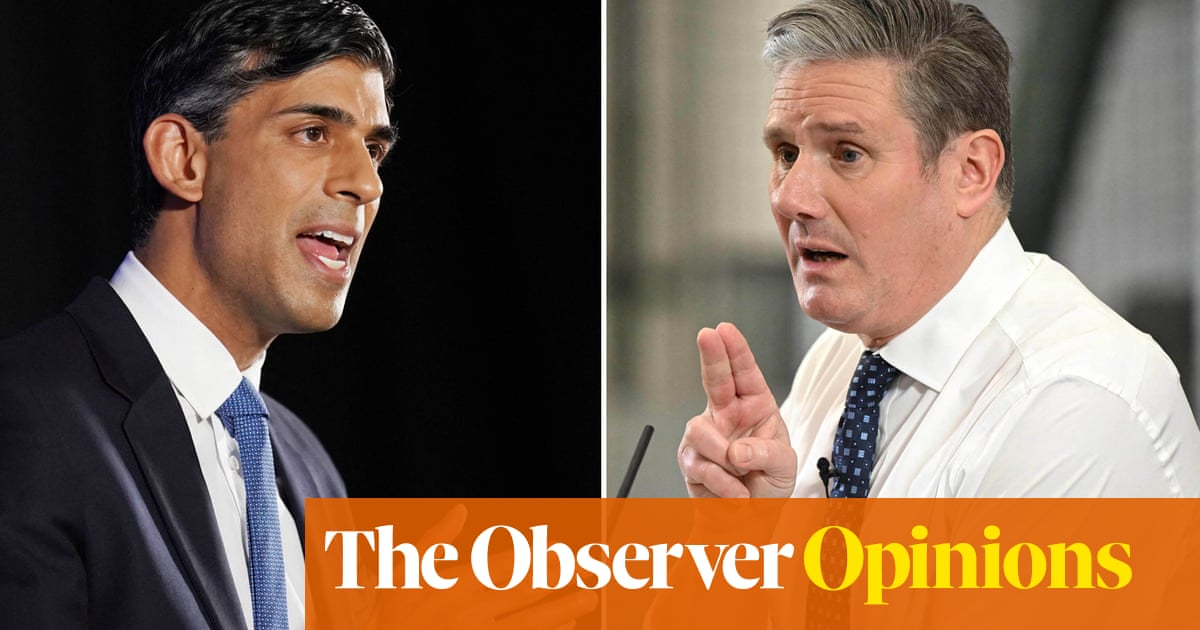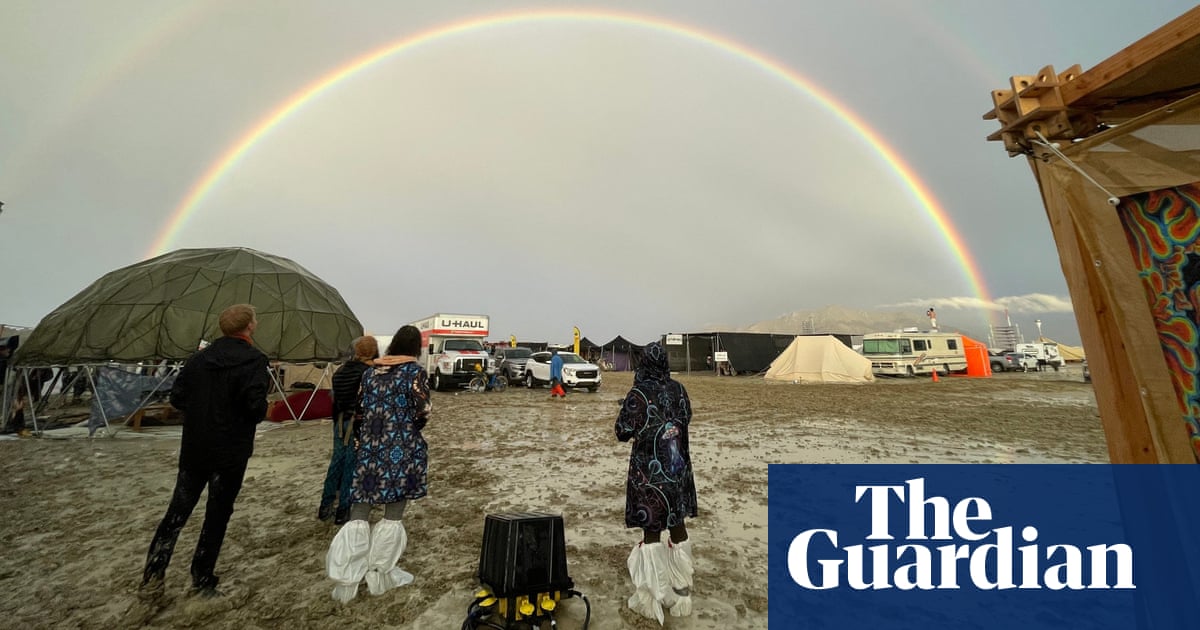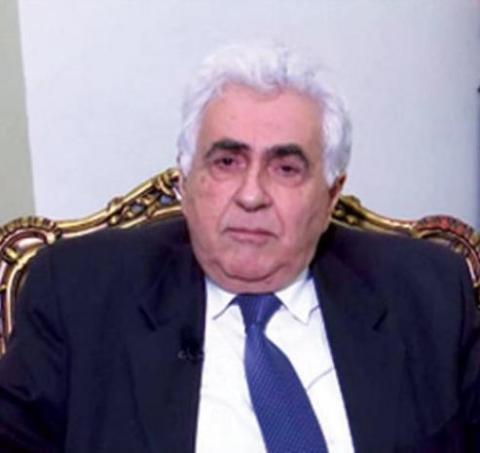
At a hearing on Monday at the International Court of Justice at the Hague, commonly known as the World Court, Iran argued that the US reimposition of economic sanctions, following its withdrawal from the Joint Comprehensive Plan of Action (JCPOA), was tantamount to “naked economic aggression.”
Iran had filed a case with the international body in July following the Trump administration’s determination that contrary to the assumptions — and perhaps hopes — of JCPOA supporters, the deal, which put limits on Iran’s nuclear activities in return for the removal of economic sanctions, has been exploited by Iran. Advocates had hoped that the deal would convince Iran to moderate its policies in the Middle East and beyond, but the reality was that the regime was “using the resources they had gotten from the Joint Comprehensive Plan of Action to spread human misery across the region instead of investing it in their people at home.”
Of course, anyone who has even a cursory understanding of the roots of instability in the Middle East and the spread of international terrorism around the world in the past several decades will surely appreciate the irony of Iran’s appeal to an international legal institution like the World Court.
Iran is claiming that the US was in violation of a 1955 bilateral agreement known as the Treaty of Amity that regulated economic and consular ties between the two countries. Yet more than any other country in the world, Iran has routinely, as a matter of policy, violated the most fundamental laws, conventions and norms of international relations since 1979, when a revolution toppled the regime of the Shah and brought Ruhollah Khomeini to power.
Since then, Iran’s government has become the ultimate “rogue regime.” There is its support of terrorist organizations and sponsorship of terrorist operations such as the bombing of the Khobar Towers in Dhahran in 1996. In addition, it has violated UN Security Council resolutions such as those prohibiting the provision of weapons to the Houthi rebels in Yemen. It has even used its diplomatic personnel to conduct violent attacks abroad, while at the same time refusing to abide by its legally binding obligations to provide security to diplomatic missions inside Iran. It has repeatedly flouted international norms, leading to its isolation from much of the international community for decades. Not only did many nations sever tier diplomatic relations with the regime for one or several of the violations mentioned above, but Iran has also found itself the target of financial sanctions aimed at compelling it to change its destructive policies and destabilizing behavior in the Middle East and beyond.
Over the years, it has found itself the target of unilateral sanctions by the US and also multilateral sanctions by the EU. The JCPOA, it was hoped, could provide an incentive for Iran to change its behavior. Unfortunately, compelling evidence suggests that the deal was interpreted as a carte blanche by Iran to not only continue its “malign” activities but also broaden them, as has clearly been the case in its support of the militant Houthi rebels in Yemen.
During his presidential campaign and since becoming president, Donald Trump has been consistent and clear in his determination that Iran is a primary source of instability in the region. The State Department has once again classified the Iranian regime as the foremost state sponsor of terrorism in the world. Since announcing his administration’s intention to withdraw from the JCPOA in May this year, the Trump administration has issued six rounds of sanctions designating Iran-related persons, including actions relating “to the finance of the Quds Force and Hezbollah, its ballistic missile program, the Iranian aviation sector, the regime’s use of front and shell companies and other deceptive means to gain access to currency for the Quds Force, including in complicity with the Central Bank of Iran.”
Earlier this month, sanctions were reimposed on the “purchase or acquisition of US dollar bank notes by the government of Iran; Iran’s trade in gold and precious metals; the sale or transfer to or from Iran of graphite and metals such as aluminum and steel, coal, and software for integrating industrial processes; certain
transactions related to the Iranian rial; certain transactions related to the issuance of Iranian sovereign debt; and Iran’s automotive sector.”
The final round of snapback sanctions, which will come into effect in November, will include the reimposition of sanctions on Iran’s oil exports and energy sector, financial institutions conducting transactions with the Central Bank of Iran, as well as sanctions related to Iran’s port operators and shipping and ship-building sectors, and sanctions on the provision of insurance and financial messaging services. While the reasons behind the imposing of sanctions on specific entities are fairly complex, it is clear that the sanctions are “smart” in the sense that they target specific entities and not the Iranian population as a whole.
The energy sector remains Iran’s economic lifeblood. Its targeting by the US administration, along with measures to isolate Iran’s financial institutions from the international banking system which is dominated by American institutions, is meant to exert pressure on the regime and to demonstrate that continuing to be the primary source of instability in the region comes with a steep price. Once again, Iran’s choice is an easy one. Abide by the norms of international relations, focus on improving the lives of your young population or continue to maintain your pariah status.
Fahad Nazer is a political consultant to the Embassy of Saudi Arabia in Washington and an International Fellow at the National Council on US Arab Relations. He does not represent or speak on behalf of either organization. Twitter: @fanazer
Disclaimer: Views expressed by writers in this section are their own and do not necessarily reflect Arab News" point-of-view












